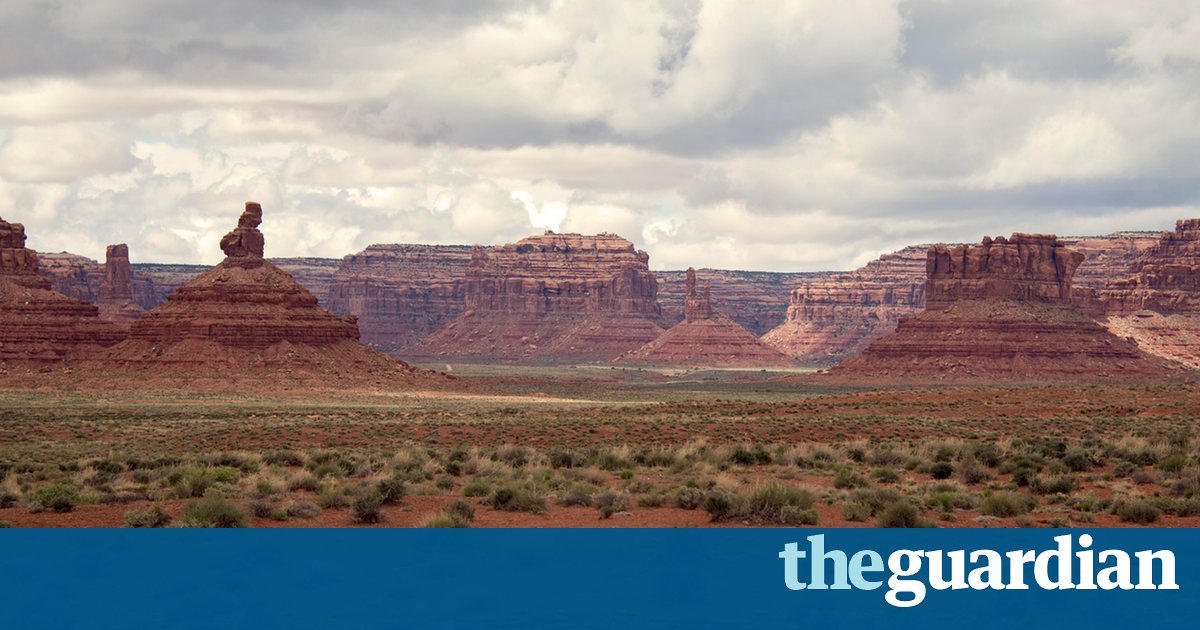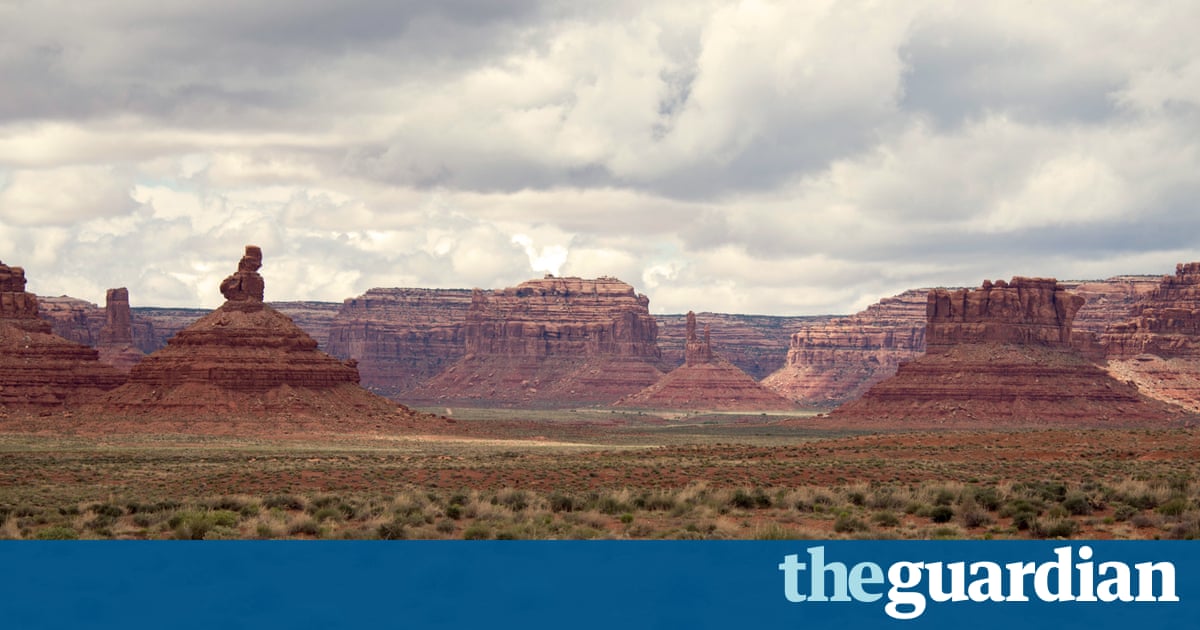Republicans move to sell off 3.3m acres of national land, sparking rallies

Land totaling the size of Connecticut has been targeted in a new bill in the Republican House, uniting hunters and conservationists in opposition

Now that Republicans have quietly drawn a path to give away much of Americans public land, US representative Jason Chaffetz of Utah has introduced what the Wilderness Society is calling step two in the GOPs plan to offload federal property.
The new piece of legislation would direct the interior secretary to immediately sell off an area of public land the size of Connecticut. In a press release for House Bill 621, Chaffetz, a Tea Party Republican, claimed that the 3.3m acres of national land, maintained by the Bureau of Land Management (BLM), served no purpose for taxpayers.
But many in the 10 states that would lose federal land in the bill disagree, and public land rallies in opposition are bringing together environmentalists and sportsmen across the west.
Set aside for mixed use, BLM land is leased for oil, gas and timber, but is also open to campers, cyclists and other outdoor enthusiasts. As well as providing corridors for gray wolves and grizzly bears, low-lying BLM land often makes up the winter pasture for big game species, such as elk, pronghorn and big-horned sheep.
Jason Amaro, who represents the south-west chapter of Backcountry Hunters and Anglers, describes the move as a land grab.
Last I checked, hunters and fishermen were taxpayers, said Amaro, who lives in a New Mexico county where 70,000 acres of federal lands are singled out. In total, his state, which sees $650m in economic activity from hunting and fishing, stands to lose 800,000 acres of BLM land, or more than the state of Rhode Island.
That word disposal is scary. Its not disposable for an outdoorsman, he said.
Scott Groene, a Utah conservationist, said the states elected officials were trying to seize public lands any way they can, without providing Americans a chance to weigh in. If residents knew their local BLM land was being threatened, said Groene, Im sure the communities would be shocked.
Chaffetz introduced the bill alongside a second piece of legislation that would strip the BLM and the US Forest Service of law enforcement capabilities, a move in line with the Utah delegations opposition to all federal land management.
The other bill hamstrings our ability to manage and ensure that our public lands are being kept safe, said Bobby McEnaney of the Natural Resources Defense Council. When you have those two combined, its a fairly cynical approach to how public lands can be managed.
The 10 states affected are Arizona, Colorado, Idaho, Montana, Nebraska, Nevada, New Mexico, Oregon, Utah and Wyoming. Residents can see how much acreage is earmarked for disposal in their counties by checking a PDF on Chaffetzs website.
Due to a controversial change this month to the House of Representatives rules, the sale does not have to make money for the federal government. A representative for the interior department, Mike Pool, who weighed in on a version of the bill in 2011, said selling those 3.3m acres would be unlikely to generate revenue.
A Republican conservation group in Utah likened it at the time to selling the house to pay the light bill.
The acreage identified is drawn from a 1997 survey conducted by the Clinton administration, which sought to identify potential offsets to revive the Florida Everglades after decades of pollution from the sugar cane industry.
The actual language of the 1997 survey, which did not result in land being sold, prefaced its findings with a caution: Please note many lands identified appear to have conflicts which may preclude them from being considered for disposal or exchange.
The vast majority of the thousands of parcels have impediments to disposal, according to the survey, including hosting endangered species and wetlands or having cultural significance.
Barack Obama created at least two federal protections in counties with large swathes of BLM land now designated for disposal: New Mexicos Organ Mountains-Desert Peaks national monument, in 2014, and Utahs Bears Ears national monument, in 2016. Arizonas Parashant national monument, near the Grand Canyon, was designated by Bill Clinton in 2000 and also sits in a marked county.
A spokesperson for Chaffetz said he was not available for comment.
To outdoorsmen like Amaro, selling off individual parcels of national land creates a multiplier problem, where a small parcel of land turned private can cut off access for many. Thats what happened in Coronado national forest, he said. Ten acres that led on to hundreds of thousands of acres of public property were turned into state trust land.
Access has been eliminated for much of the forest. The private landowners now effectively have their own private hunting preserves by not allowing public hunters a way into the national forest, Amaro said.
Chaffetzs proposal might in fact be in violation of the common-law Public Trust Doctrine, which requires that the federal government keep and manage national resources for all Americans. Courts have upheld the policy that sale or use must be in Americans interest.
John Gale, conservation director for Backcountry Hunters and Anglers in Missoula, Montana, said the Utah representatives were pushing the bills despite their proven unpopularity.
Its not only an assault on our traditions, Gale said. Its the idea that theyre stealing that from our children.